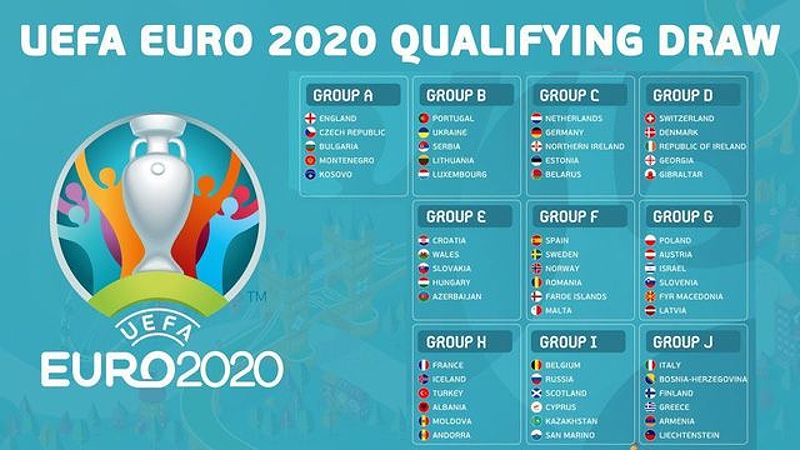The UEFA European Championship, since its inception in 1960, has seen a diverse range of nations claim victory. Analyzing Euro champions over the years reveals not only dominant teams like Spain and Germany but also unexpected triumphs, highlighting the unpredictable nature of the tournament. This examination considers both the consistent successes and the surprising upsets that have defined the competition’s history.
The Early Years of the Euros: 1960-1976
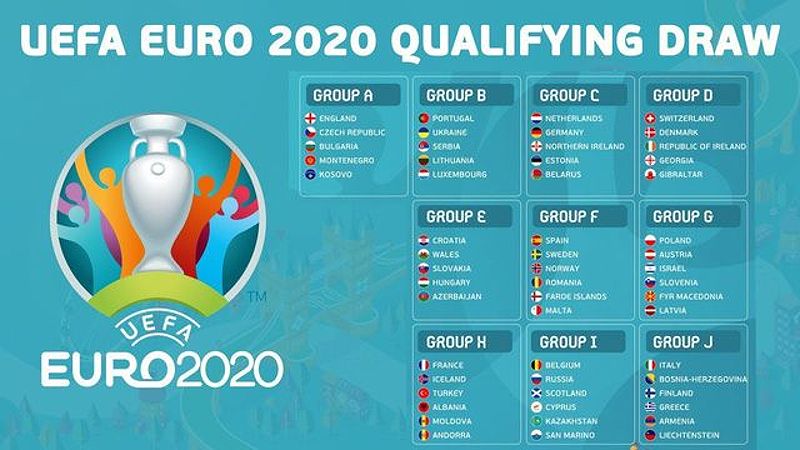
The UEFA European Championship began its journey in 1960, establishing itself as a premier event in the world of football. The inaugural tournament saw the Soviet Union crowned as the first champions, defeating Yugoslavia 2-1 in a captivating final. This victory not only laid the groundwork for future tournaments but also introduced a new era of football characterized by tactical discipline and teamwork. Notable players like Galaktionov and Metreveli left their mark on the pitch, showcasing exceptional skill that would define the early years of the competition.
Key Players and Their Impact
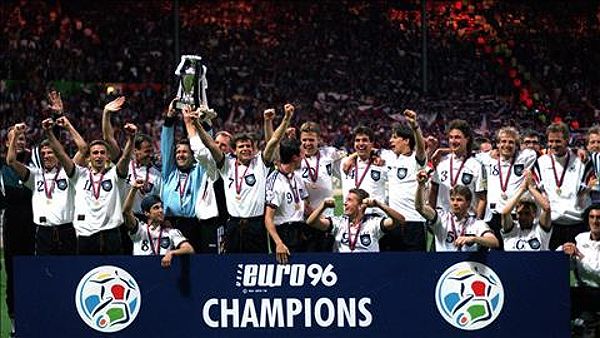
The early champions were not just teams; they were a collection of remarkable talents who influenced the game’s evolution. Spain’s triumph in 1964 on home soil against the Soviet Union was a pivotal moment, galvanizing Spanish football and setting a foundation that would lead to future successes. Italy claimed their first title in 1968, defeating Yugoslavia in a tense replay after a 1-1 draw. The contrasting styles of these teams—Spain’s attacking flair and Italy’s defensive solidity—reflected the evolving nature of European football.
Tactical Approaches and Playing Styles
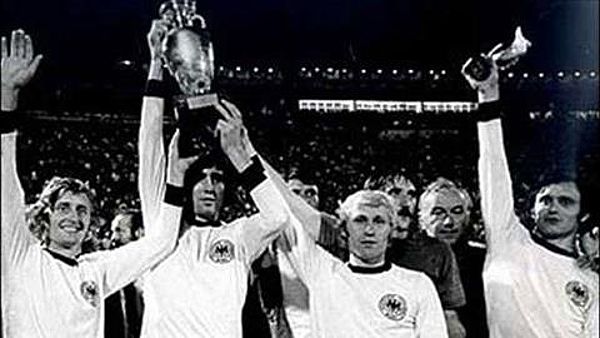
The tactical approaches of the early Euro champions were significant. The Soviet Union’s disciplined strategy emphasized teamwork, while Spain’s victory showcased the power of home advantage. Italy’s strong defensive style became a benchmark in football. The 1976 final was particularly memorable, as West Germany, a dominant force in the tournament, faced an unexpected upset by Czechoslovakia, who clinched the title through a dramatic penalty shootout, highlighted by the iconic Panenka kick.
The Rise of New Powers: 1980-2000
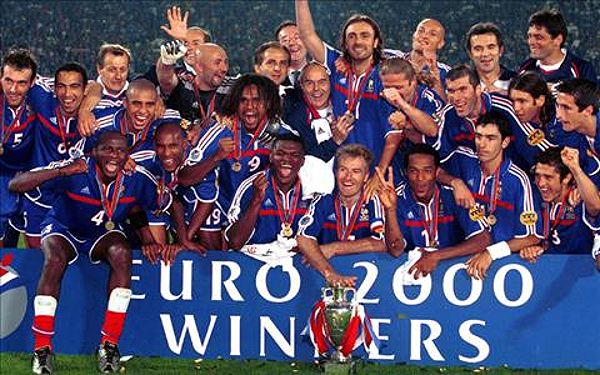
The 1980s and 1990s marked a transformative period in the Euro championships, bringing forth new champions and evolving playing styles. France emerged as a powerhouse in 1984, winning their first title on home soil, led by the brilliant Michel Platini. Their 2-0 victory over Spain demonstrated a cohesive team strategy and marked a significant moment in French football history.
Memorable Matches and Underdog Stories
The Netherlands followed suit in 1988, clinching their first title with a stunning performance against the Soviet Union, thanks to Marco van Basten’s unforgettable volley. The tournament also bore witness to Denmark’s fairytale victory in 1992. Originally not qualified, Denmark entered the tournament due to Yugoslavia’s disqualification and went on to defeat the Netherlands in the semifinals before overcoming Germany in the final. This triumph exemplified the unpredictability of football and the potential for underdogs to achieve greatness.
Germany’s consistent performances in this era solidified their reputation as a footballing powerhouse. In 1996, they added a third Euro title, defeating the Czech Republic with a golden goal from Oliver Bierhoff, showcasing their tactical precision and physical prowess. Meanwhile, the late 1990s saw the Czech Republic rise as a formidable force, reaching the final in 1996, only to fall to Germany.
Tactical Innovations and Evolving Styles
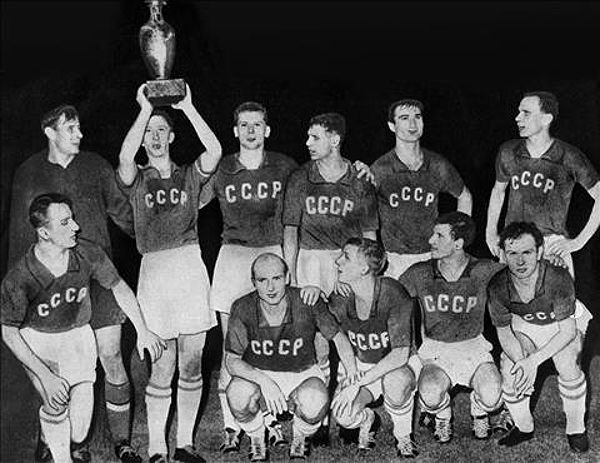
The tactical innovations of this era were pivotal in shaping the landscape of European football. Teams began to adopt fluid, dynamic playing styles, emphasizing ball possession and quick transitions. This shift was evident in France’s second Euro title in 2000, where they claimed victory over Italy with a 2-1 scoreline.
The 21st Century: Tactical Innovation and Surprises: 2004-2020
The 21st century introduced a new chapter in the history of Euro champions, marked by unexpected victories and significant tactical shifts. Greece’s stunning upset in 2004 remains one of the biggest surprises in tournament history. Under the management of Otto Rehhagel, Greece employed a disciplined defensive strategy, culminating in a surprising 1-0 victory over Portugal in the final. This triumph reshaped perceptions of successful football strategies, emphasizing organization over flair.
The Impact of Star Players
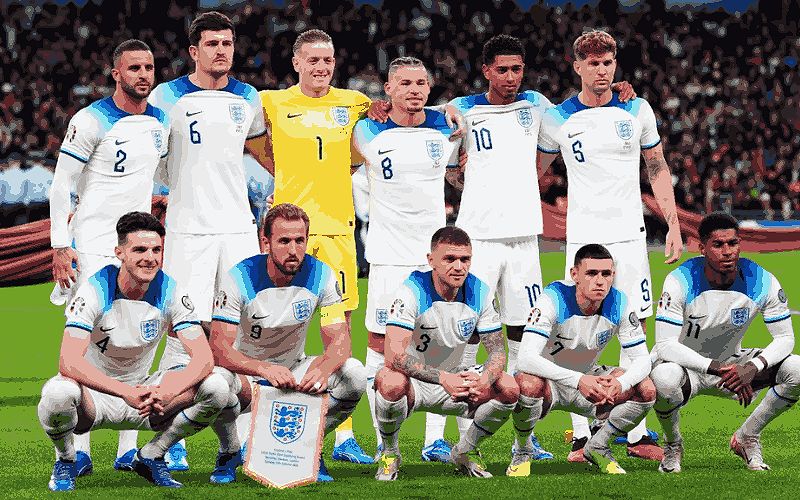
Spain’s back-to-back titles in 2008 and 2012 marked the beginning of a golden era for the national team. Their tiki-taka style, characterized by short passing and movement, dominated opponents. Spain’s 1-0 victory over Germany in 2008 and a decisive 4-0 win against Italy in 2012 solidified their status as a footballing powerhouse and influenced the tactical approaches of teams across Europe.
Portugal secured their first Euro title in 2016, overcoming France in a tense final that ended 1-0 after extra time. Eder’s defining strike ensured that Portugal would finally lift the trophy, showcasing resilience and determination throughout the tournament. Italy’s resurgence in 2020, culminating in a victory over England in a penalty shootout, further emphasized the competitive nature of the tournament, demonstrating that tactical innovation and strong team spirit remain crucial for success.
Analyzing Trends and Predicting Future Champions
Historical Trends and Patterns
As we analyze Euro champions over the years, it becomes evident that historical trends play a significant role in shaping the tournament’s outcomes. Home advantage has traditionally been a critical factor, with host nations often performing better. However, the expansion of the tournament has shifted this dynamic, suggesting that tactical evolution is becoming increasingly vital.
However, this trend has been less pronounced in recent tournaments with expanded formats. Euro 2020, played across multiple European nations, saw Italy win the title despite not being the host. This suggests that while home support can still be a factor, superior tactical flexibility and squad depth are becoming more crucial for success.
The Role of Home Advantage
Data indicates that host nations frequently benefit from the support of their fans, but this trend is evolving. With more teams and venues, the landscape is shifting, highlighting the importance of tactical adaptability. Individual brilliance has also been a decisive factor in many tournaments. Legendary players like Platini, van Basten, and Ronaldo have not only influenced their teams’ performances but have also left a lasting legacy on the tournament itself.
While individual brilliance undoubtedly plays a role, the collective strength and cohesive teamwork of a squad are equally, if not more, important for consistent success. The 2004 Greek team, for example, achieved victory through exceptional defensive organization and discipline rather than relying on superstar players.
Predicting Future Champions
Looking ahead, analyzing current trends and historical data provides insights into potential future champions. Teams like France, Germany, and Spain consistently demonstrate depth in talent and tactical acumen, making them perennial contenders. Meanwhile, emerging nations continue to surprise, suggesting that the landscape of European football will remain dynamic and unpredictable.
Recent Trends Shaping the Euros
The increasing importance of data analysis in scouting and tactical preparation is significantly impacting team performance. As teams adopt sophisticated analytics, they gain valuable insights into opponent strategies and player performance, enhancing their competitive edge.
Secondly, the growing influence of managers with a blend of tactical innovation and man-management skills is evident. Managers like Roberto Mancini have transformed their teams, emphasizing not only technical skills but also creating a strong team ethos that fosters success.
Finally, the evolving role of youth academies in producing world-class talent is reshaping national team compositions. Countries that invest in their youth systems, such as Spain and Germany, are reaping the rewards with a steady influx of talented players who can compete at the highest levels.
Memorable Moments and Matches: A Retrospective
Throughout the history of the Euro championships, numerous memorable moments and matches have defined the tournament. Iconic goals, dramatic penalty shootouts, and unexpected upsets have captivated audiences.
Euro 1988: Van Basten’s Volley
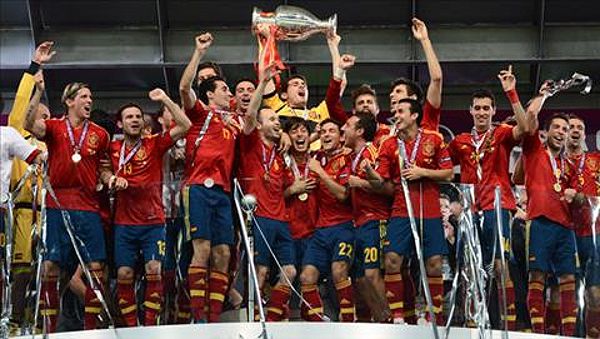
One of the most iconic moments in Euro history occurred during the 1988 final when Marco van Basten scored a stunning volley from a seemingly impossible angle, securing the Netherlands’ first title against the Soviet Union. This goal is often heralded as one of the greatest in tournament history.
Euro 2004: Greece’s Upset
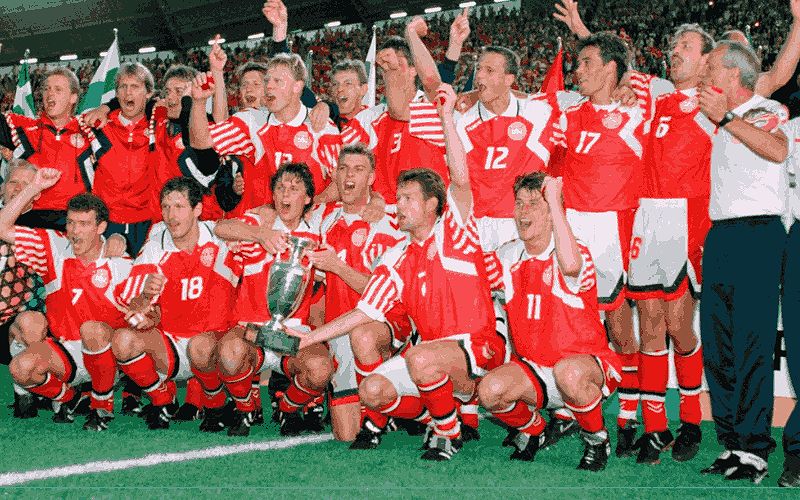
Greece’s unexpected triumph in 2004 remains etched in the memories of football fans. Their disciplined approach and teamwork allowed them to defeat several heavyweights, culminating in a shocking victory over Portugal in the final. This fairytale run redefined the concept of an underdog in international football.
Euro 2016: Portugal’s Triumph
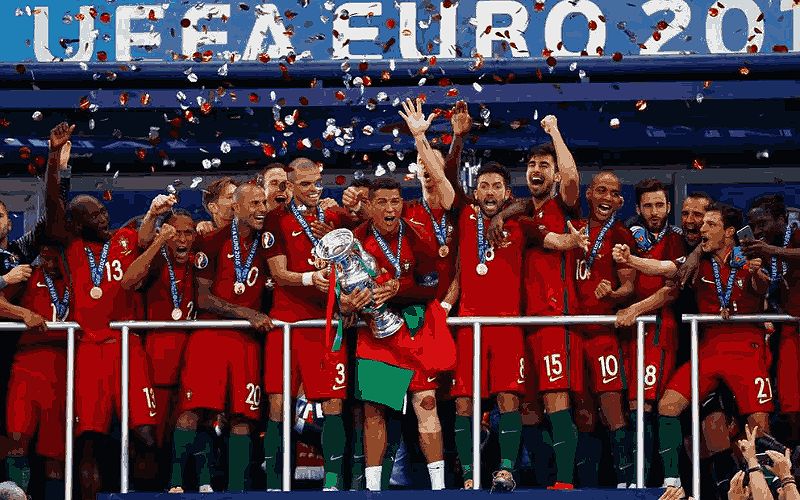
Portugal’s victory in 2016, highlighted by Eder’s extra-time strike in the final against France, showcased the team’s resilience and strategic acumen. This win marked a significant achievement for the Portuguese national team, finally securing their place among the Euro champions.
Euro 2020: Thrilling Penalty Shootouts
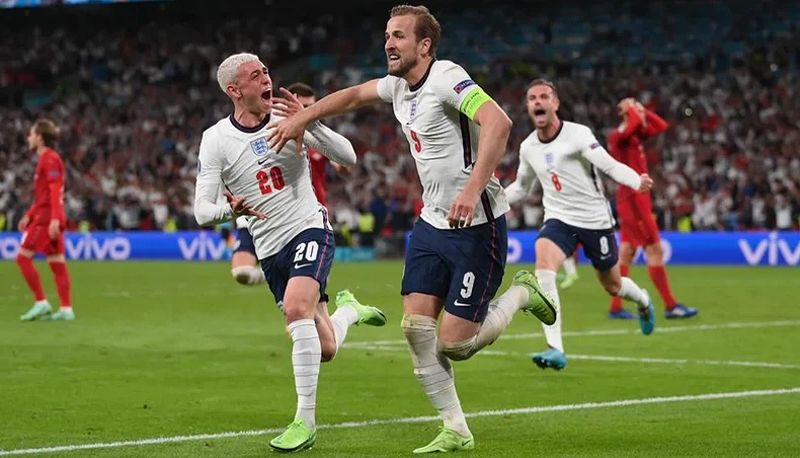
The 2020 tournament delivered thrilling moments, with Italy’s victory over England in a dramatic penalty shootout in the final. This match highlighted the intense pressure and skill involved in penalty shootouts, adding yet another layer to the tournament’s rich history.
Conclusion
The history of Euro champions is a captivating narrative of evolving tactics, unexpected triumphs, and the enduring power of individual brilliance. From the Soviet Union’s inaugural victory to Italy’s recent success, the tournament has consistently delivered unforgettable moments and shaped the landscape of European football. Analyzing past trends and the contributions of legendary players offers valuable insights into the dynamics of the competition, enabling fans and analysts alike to appreciate the rich tapestry of the Euro’s history and anticipate the exciting possibilities of future tournaments.
As we look forward, the ongoing evolution of football tactics, the emergence of new talents, and the changing dynamics of competition promise to keep the spirit of the Euros alive and thriving. The journey of Euro champions over the years serves as a testament to the beautiful game’s unpredictability and passion, ensuring that fans remain enthralled in the years to come.

